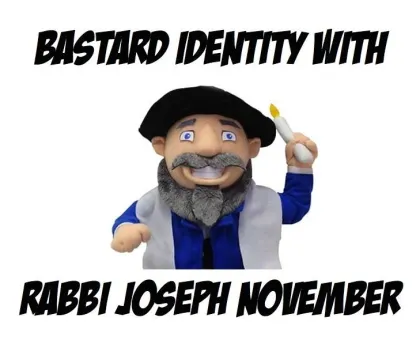The Racist Right with Mike Delaney - 04-26-2013
 The Saxon Messenger editorial article which expresses the basis for this program is found here: https://next.christogenea.org/articles/racist-right
The Saxon Messenger editorial article which expresses the basis for this program is found here: https://next.christogenea.org/articles/racist-right
William Finck and Mike Delaney of Prothink.org and Trutube.tv in a discussion of true truth and conservatism in contrast with some of the "anti-zionists" in the so-called "truth movement" who are not truly conservative at all and who actually work against White interests.


 This is one of several segments addressed in the presentation
This is one of several segments addressed in the presentation 



 Please click here for our mailing list sign-up page.
Please click here for our mailing list sign-up page.







